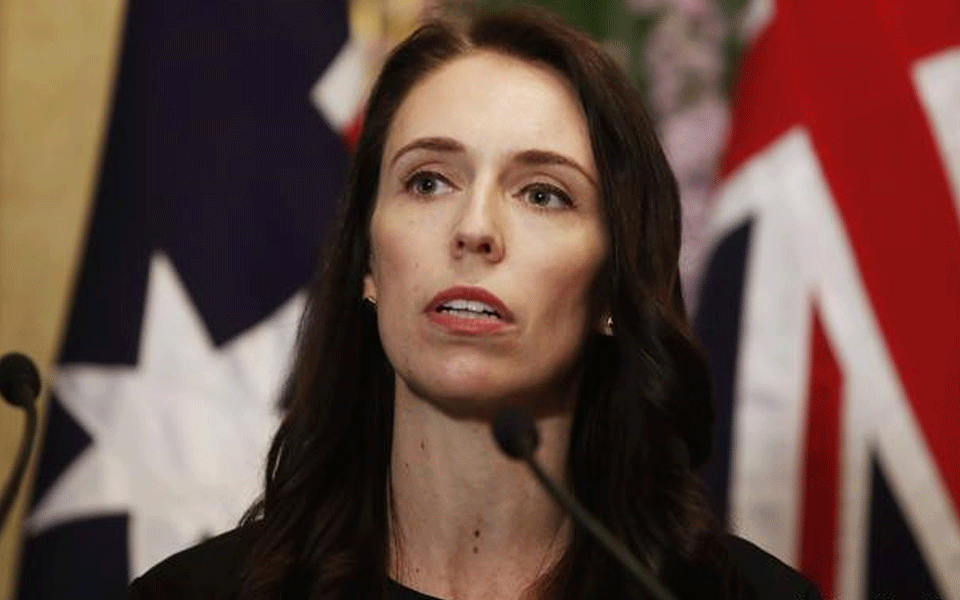New Zealand Prime Minister Jacinda Ardern said on Wednesday Foreign Minister Winston Peters will travel to Turkey to “confront” comments made by Turkish President Tayyip Erdogan on the killing of at least 50 people at mosques in Christchurch.
Australian Brenton Tarrant, 28, a suspected white supremacist, was charged with murder on Saturday after a lone gunman opened fire at the two mosques during Friday prayers.
Erdogan - who is seeking to drum up support for his Islamist-rooted AK Party in March 31 local elections - said Turkey would make the suspected attacker pay if New Zealand did not.
The comments came at a campaign rally that included video footage of the shootings which the alleged gunman had broadcast on Facebook.
Ardern said Peters would seek urgent clarification.
“Our deputy prime minister will be confronting those comments in Turkey,” Ardern told reporters in Christchurch. “He is going there to set the record straight, face-to-face.”
Peters had earlier condemned the airing of footage of the shooting, which he said could endanger New Zealander’s aboard.
Despite Peters’ intervention, an extract from Tarrant’s alleged manifesto was flashed up on a screen at Erdogan’s rally again on Tuesday, along with footage of the gunman entering one of the mosques and shooting as he approached the door.
Meanwhile, Australian Prime Minister Scott Morrison said he summoned Turkey’s ambassador for a meeting, during which he demanded Erdogan’s comments be removed from Turkey’s state broadcaster.
“I will wait to see what the response is from the Turkish government before taking further action, but I can tell you that all options are on the table,” Morrison told reporters in Canberra.
Morrison said Australia’s ambassador to Turkey will on Wednesday meet with the members of Erdogan’s government.
Morrison said Canberra is also reconsidering its travel advice for Australians planning trips to Turkey.
Relations between Turkey, New Zealand and Australia have generally been good. Thousands of Australians and New Zealanders travel each year to Turkey for war memorial services.
Just over a century ago, thousands of soldiers from the Australian and New Zealand Army Corps (ANZAC) struggled ashore on a narrow beach at Gallipoli during an ill-fated campaign that would claim more than 130,000 lives.
The area has become a site of pilgrimage for visitors who honor their nations’ fallen in graveyards halfway around the world on ANZAC Day every April 25.
Courtesy: www.reuters.com
Let the Truth be known. If you read VB and like VB, please be a VB Supporter and Help us deliver the Truth to one and all.
Dubai: Smoke was seen rising from an area near the United States Consulate in Dubai, according to witness accounts cited by Reuters.
There was no immediate official confirmation on the extent of damage or whether there were any casualties in the incident.
Earlier, the US embassy in Riyadh, Saudi Arabia’s capital, was also attacked. Authorities reported damage to the premises, but no casualties were recorded.
The developments come amid heightened tensions in the region, with Iran continuing to target US interests in the Middle East following deadly attacks launched on Saturday by Israel and the United States.
Near US embassy in Dubai pic.twitter.com/z5VTZNVxNO
— Sahil Shah (@thesahilsshah) March 3, 2026





